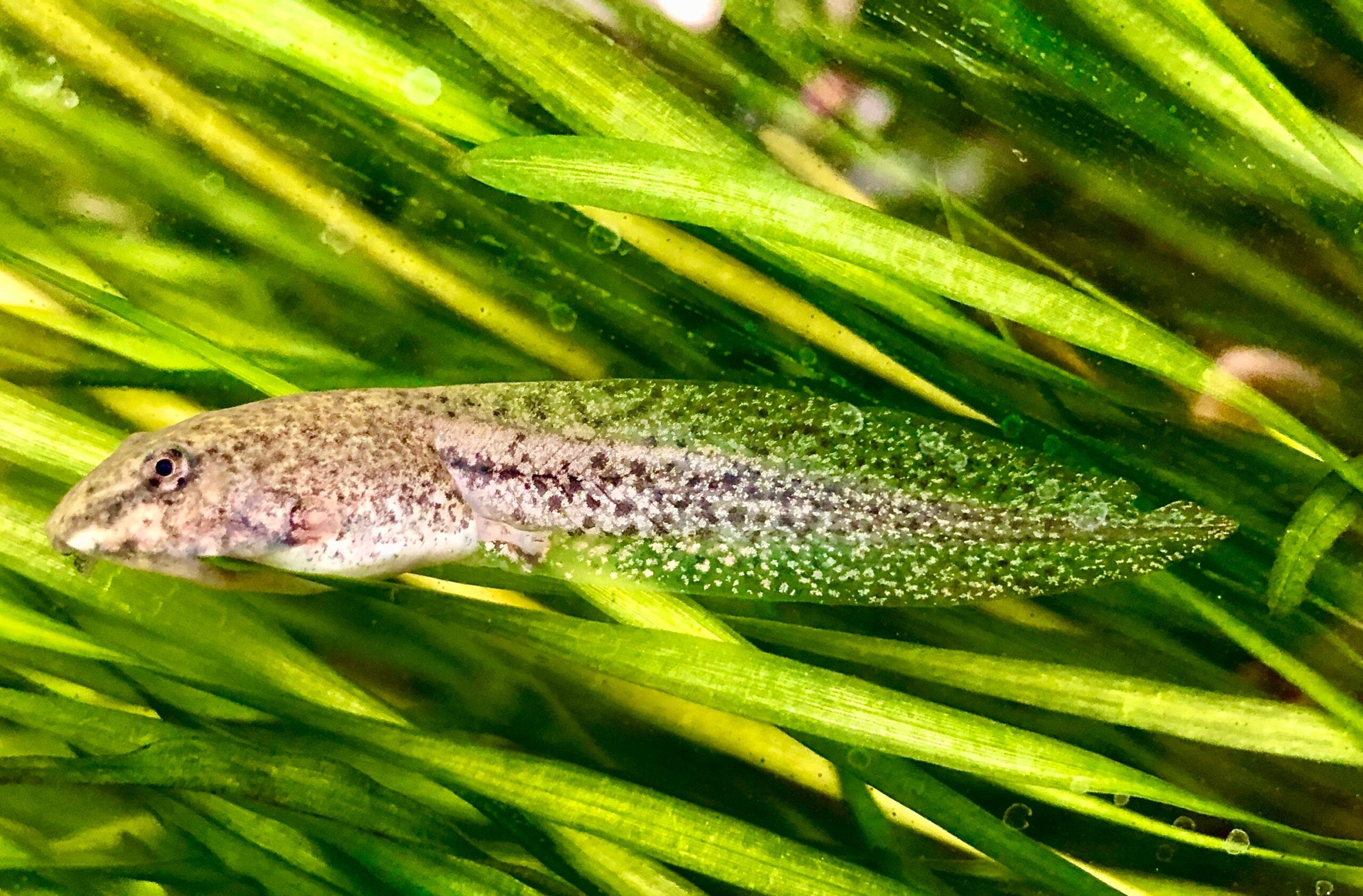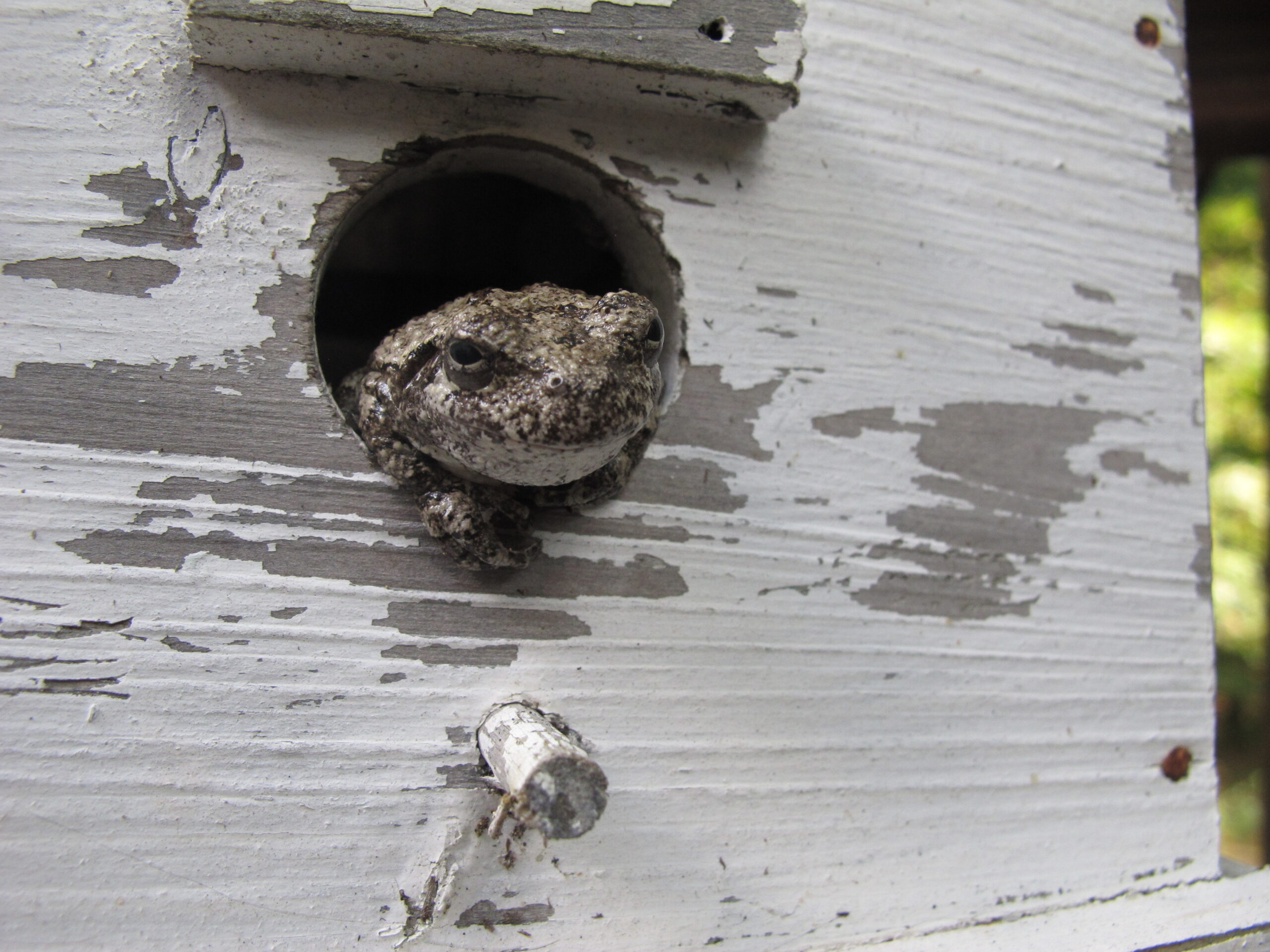New research out of the University of Wisconsin-Madison shows that pollution and biodiversity are factors that can change how vulnerable animals are to disease or parasites.
Jess Hua, an associate professor in the department of Forest Wildlife and Ecology at UW-Madison, said diseases affecting various animal species are “emerging at unprecedented rates” and biologists are trying to learn why.
She said there’s been a debate in the scientific community about whether increasing biodiversity, or the number of species living in specific communities, can counteract the spread of disease and its impact on animals.
Stay informed on the latest news
Sign up for WPR’s email newsletter.
“Sometimes a community with higher biodiversity — it would have lower disease. But then other times, it would have the opposite effect,” Hua said. “So, there is a lot of debate around which is correct.”
To learn more, Hua and one of her former graduate students studied tadpoles that would later become wood frogs, spring peepers and American toads. In the lab, researchers separated the tadpoles by species in tanks to see how susceptible they were to a common parasite called a fluke. All the species were equally vulnerable when in clean water. When salt was added, wood frog and spring peeper tadpoles were more vulnerable to flukes than the toads.
But when the species were placed in the tanks together in salty water, the number of parasitic infections dropped for all species.
“What we found is that putting them in communities with more diversity actually helped to offset some of those negative consequences of salt,” Hua said.
Still, Hua said relying on biodiversity alone to improve species health and prevent disease isn’t enough, because pollution is a significant factor.
“The effect of biodiversity on disease outcome depends on whether there are pollutants in the environment,” Hua said. “So, taking a multifactor approach or looking at how these various threats impact amphibians and how they interact is really important.”
The second stage of the project — funded by a grant from the National Science Foundation — is to go into the field. Hua said that takes time and people. She and others have launched the Friends of Amphibians in Madison to collect data on water quality amphibian species diversity in and around the city.
Wisconsin Public Radio, © Copyright 2025, Board of Regents of the University of Wisconsin System and Wisconsin Educational Communications Board.


